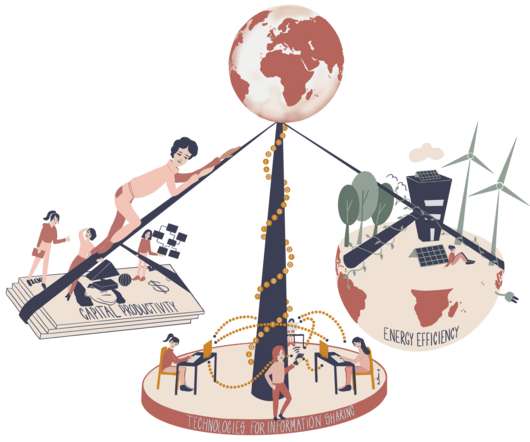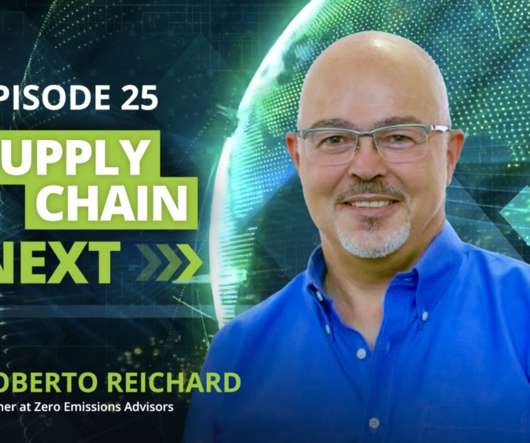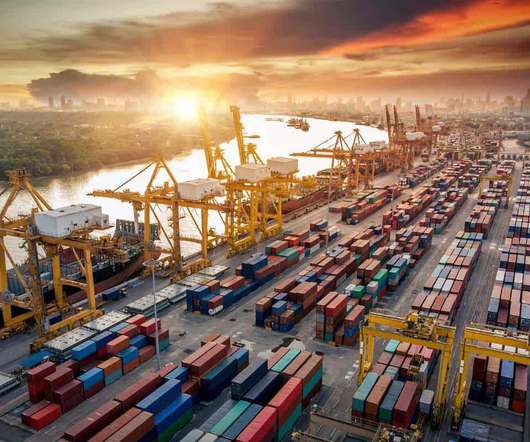This Week in Logistics News (July 3 – 9)
Logistics Viewpoints
JULY 9, 2021
Prime Minister Yoshihide Suga said it was essential to prevent Tokyo, where the highly infectious Delta COVID-19 variant was spreading, from becoming the source of another wave of infections. Amazon plans to build delivery robot tech in Finland. FedEx invests $2 billion in sustainability initiatives.
















Let's personalize your content